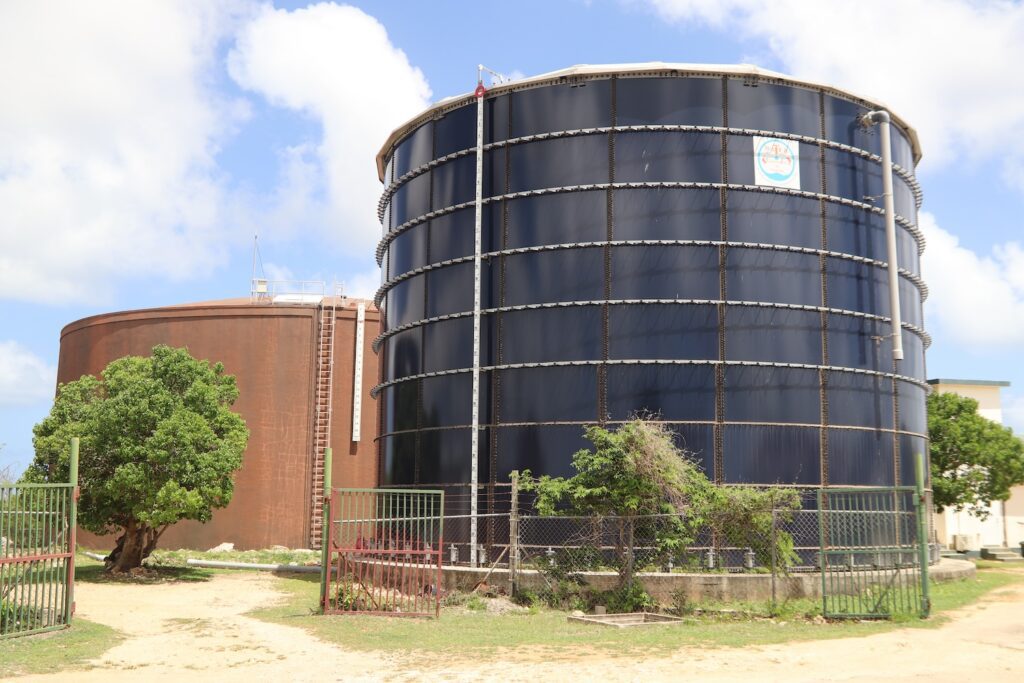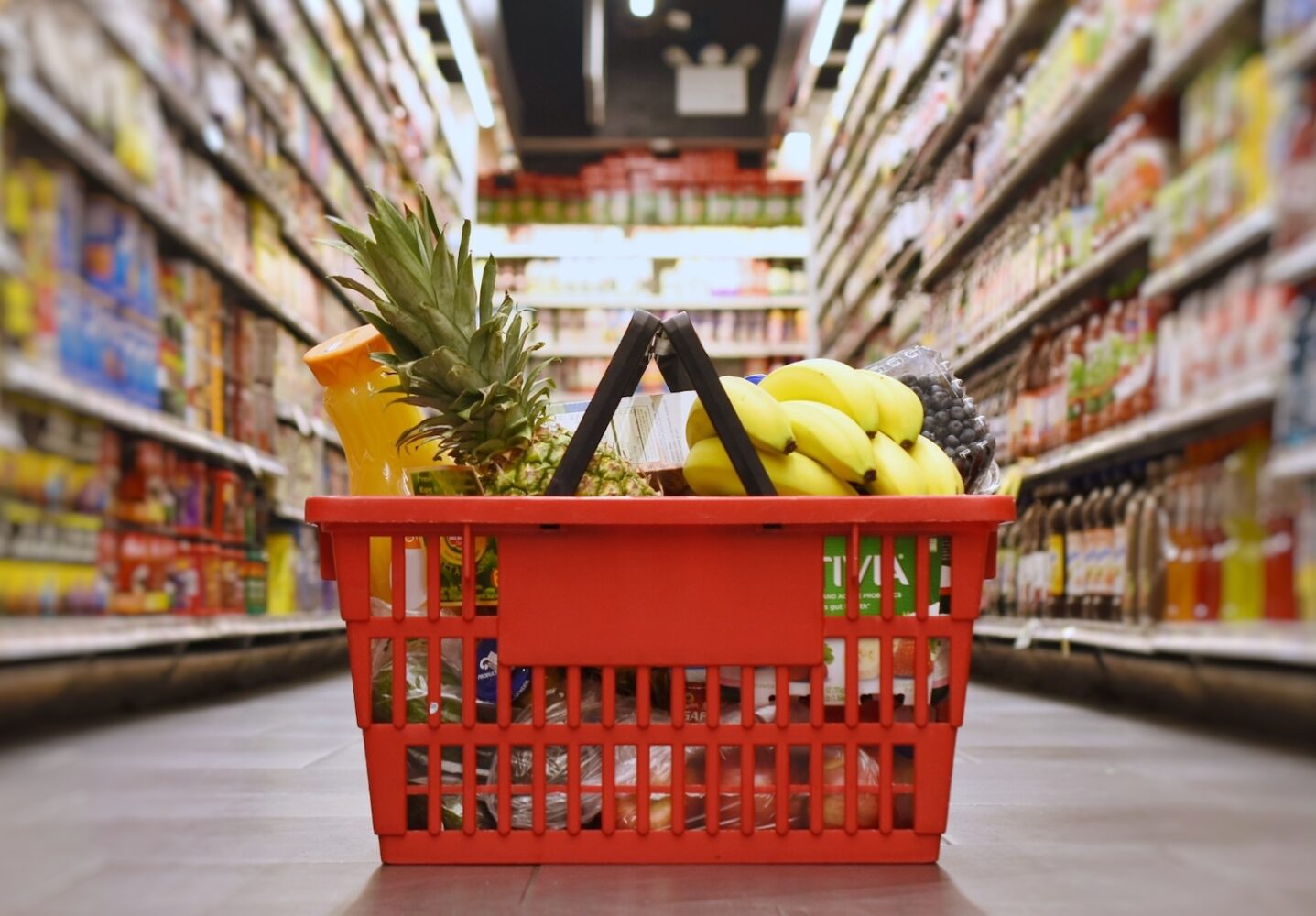A European Union-funded study on Anguilla’s groundwater has identified the accumulation of salt as the biggest threat to its sustainable use.
Haskoning, a consulting engineering company from the Netherlands commissioned to conduct the research, revealed its latest findings in a press release on 12 August.
It said that modelling suggests that excess water extraction is a major cause of rising salt levels in aquifers – the underground layers of rock, sand or gravel that hold groundwater.
At Anguilla Focus we keep our core content free for everyone – but our members get access to even more! Click here to join from just $3 per month.
This is worsened by private desalination plants putting their highly concentrated waste salt water back into the ground, it said.
Meanwhile, researchers noted that rising sea levels caused by climate change appear to have only a limited impact.
Ongoing project
Groundwater is stored beneath the Earth’s surface and can be accessed through wells or springs. It is commonly used for drinking water, irrigation, and other domestic and industrial purposes.
Haskoning was tasked to carry out research in Anguilla as part of Expertise France’s EU-funded Green Overseas programme which aims to support sustainable development in overseas territories.
The company’s objectives are to evaluate the island’s groundwater resources, improve monitoring and reduce contamination, and strengthen management policies and regulations.
Researchers began their work on 4 October last year with an online meeting with key stakeholders followed by an initial field visit from 24 to 29 November.
They called a midterm meeting with stakeholders on 1 July, this year, to present initial findings, raise awareness and gather feedback.
Also at the meeting were representatives from the Ministry of Infrastructure, Department of Natural Resources, Department of Water Services, and Department of Health Protection.
Initial findings
The groundwater project, expected to be complete in early 2026, examines the quality and quantity of groundwater and addresses the main challenges of how to meet increasing demand.
As part of the research the visiting team carried out a geohydrological overview – a summary of underground water, including its location, movement and quality, to guide management and planning.
Along with finding that the main risk for the sustainable use of groundwater is the increasing salinity levels, researchers also determined that groundwater quality is threatened by the landfill.

Mobile pollutants from trash are seeping into the water table, potentially impacting nearby users, the press release said, adding that this area is prioritised for future monitoring.
Groundwater below The Valley – where a lot is abstracted for municipal use and simultaneously agricultural activity is taking place – should be closely monitored as well, it said.
Meanwhile, there is no direct risk to drinking water because of the treatment facilities on Crocus Hill.
Future work
A groundwater monitoring plan has been developed to gain a better understanding on the fresh reserves that may sustainably be used in the future.
This focuses on the use of automated metres, sampling and geo-electrical surveying to increase understanding of the fresh groundwater lens and to protect it from pollution, the press release said.
In the recent stakeholder meeting, two crucial measures were highlighted as priorities for moving forward.
They were managing illegal drilling and wells, and early and continuous education on the importance of groundwater protection for children, farmers and the general population.
The stakeholder input will support upcoming deliverables for the groundwater management plan and guide recommendations for national water policy and abstraction regulations.
Travis Carty, acting permanent secretary in the Ministry of Infrastructure, said water security is a “national priority” and said the results of the study are “critical” in planning for a sustainable future.




